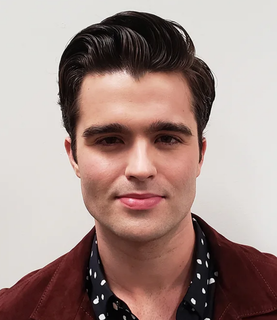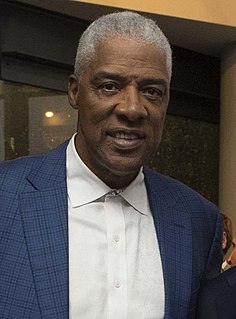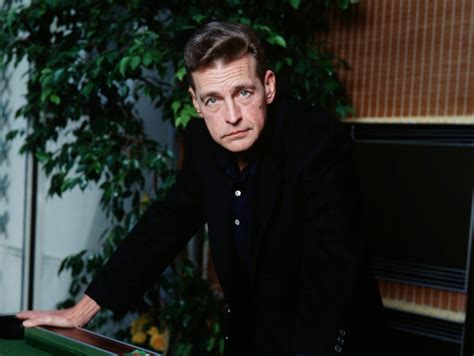A Quote by Garth Risk Hallberg
In graduate school, I was a student of E.L. Doctorow, and he had us read 'Moby-Dick' in a week.
Related Quotes
A Student is the most important person ever in this school...in person, on the telephone, or by mail.
A Student is not dependent on us...we are dependent on the Student.
A Student is not an interruption of our work..the Studenti s the purpose of it. We are not doing a favor by serving the Student...the Student is doing us a favor by giving us the opportunity to do so.
A Student is a person who brings us his or her desire to learn. It is our job to handle each Student in a manner which is beneficial to the Student and ourselves.






























